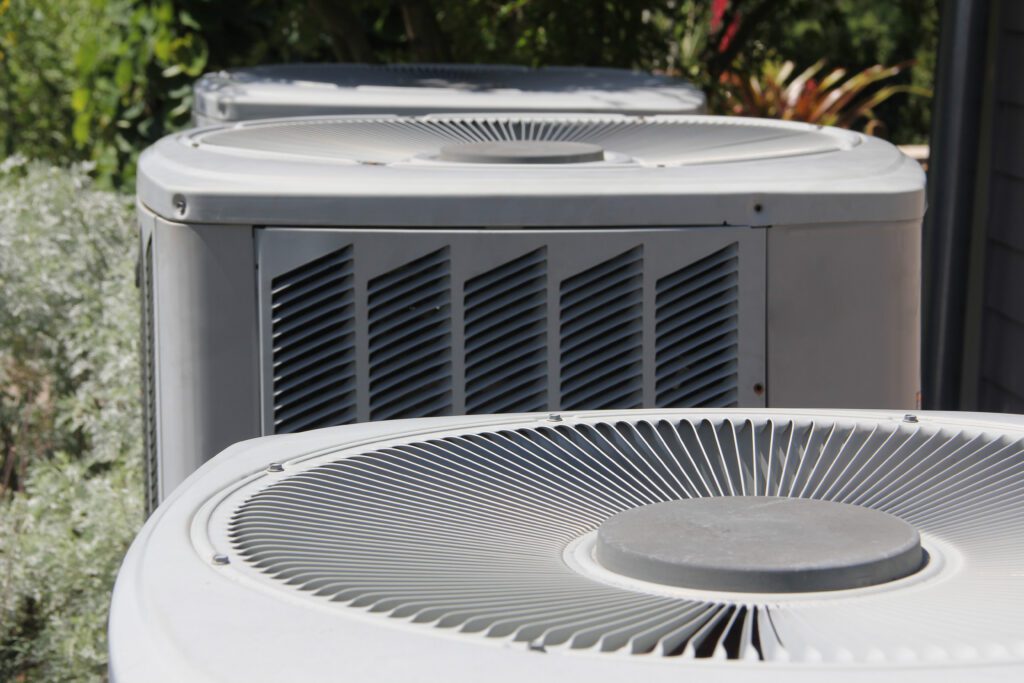Maintaining an efficient HVAC (Heating, Ventilation, and Air Conditioning) system is crucial for ensuring comfortable living environments. These systems not only regulate temperatures but also play a key role in air quality. Unfortunately, many homeowners neglect their HVAC systems until it is too late. By implementing some helpful tricks, you can significantly extend the lifespan of your HVAC system and ensure it operates at peak efficiency.
Understanding the Importance of HVAC System Maintenance
Regular maintenance of your HVAC system is fundamental to its longevity. An overlooked HVAC unit can lead to a cascade of issues including inefficient heating or cooling, increased energy bills, and ultimately, expensive repairs or replacements.
The Role of HVAC Systems in Home Comfort
HVAC systems are integral to maintaining a comfortable indoor climate. They help regulate temperature, humidity, and air quality. In colder months, an efficient heating system ensures warmth, while an effective air conditioning unit cools down spaces during summer. By maintaining your HVAC system, you support these essential functions, enhancing overall comfort in your home.
Your HVAC system also addresses air quality issues. Systems equipped with air filters can remove dust, allergens, and other particulate matter from your indoor environment. Regular maintenance ensures these filters function properly, contributing to a healthier living space. Additionally, many modern HVAC systems come with advanced filtration technologies that can capture even smaller particles, including pet dander and mold spores, which are crucial for households with allergy sufferers. This not only improves air quality but can also lead to fewer respiratory issues and a more pleasant living environment.
The Financial Benefits of Prolonged HVAC Lifespan
A well-maintained HVAC system can save you money in the long run. By extending its lifespan, you can delay costly replacements and repairs. Moreover, efficient HVAC systems consume less energy, leading to lower utility bills. This financial benefit is a significant motivator for homeowners to commit to regular maintenance.
Investing in routine service checks can help identify potential problems before they escalate. By catching issues early, you reduce the risk of emergency repairs that often come with a hefty price tag. Therefore, the financial rewards of maintaining your HVAC system are substantial. Furthermore, many utility companies offer incentives or rebates for homeowners who invest in energy-efficient systems or regular maintenance, making it even more financially advantageous to keep your HVAC in top shape. This proactive approach not only protects your wallet but also contributes to a more sustainable environment by reducing energy consumption and greenhouse gas emissions associated with inefficient systems.
Basic Maintenance Tips for Your HVAC System
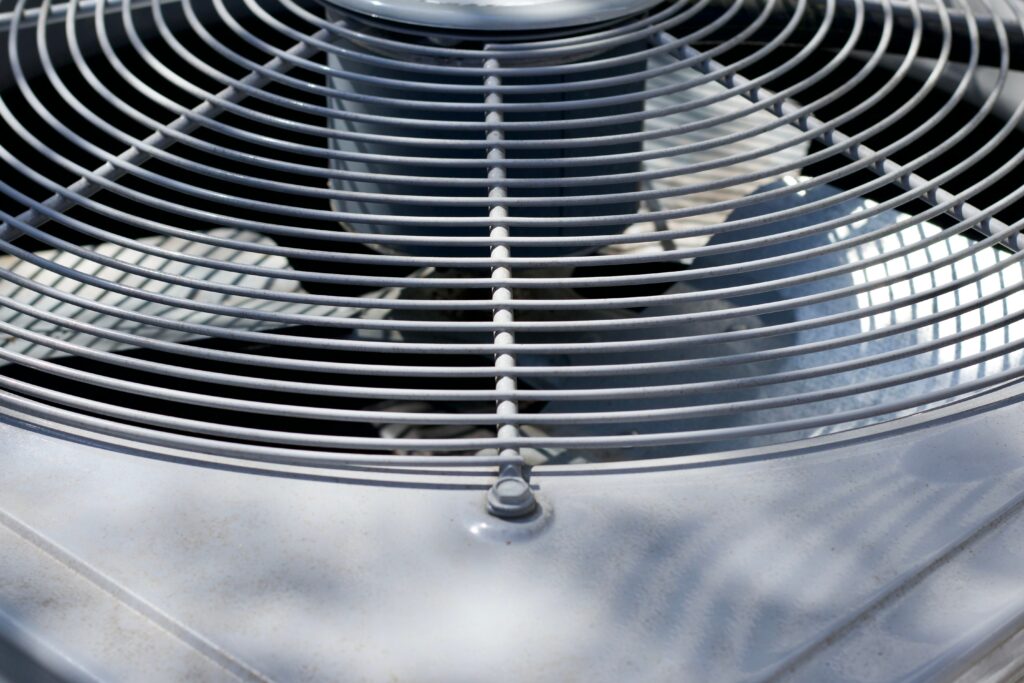
Basic maintenance is key to prolonging the life of your HVAC system. Simple tasks, if performed consistently, can lead to significant improvements in efficiency and longevity.
Regular Cleaning and Its Impact on HVAC Longevity
Dust and debris can accumulate in your HVAC system over time, affecting airflow and efficiency. Regularly cleaning or replacing air filters is a straightforward task that can greatly improve system performance. A clean filter allows for better airflow, reducing the workload on your HVAC unit and lowering energy consumption.
Additionally, it’s important to clean the external components of your system, such as the condenser and evaporator coils. Keeping these parts clean ensures that your HVAC unit operates efficiently and can prevent overheating and premature failure. Furthermore, consider inspecting the ductwork for any signs of dust buildup or blockages. A thorough cleaning of your ducts not only enhances air quality but also ensures that your system doesn’t have to work harder than necessary to circulate air throughout your home.
The Importance of Timely Repairs and Replacements
Being proactive with repairs is vital to maintaining your HVAC system. Small issues should not be ignored, as they can turn into larger, more costly problems. For instance, a slow leak in refrigerant levels can lead to inefficient cooling and ultimately damage the compressor.
Schedule regular inspections with a qualified technician who can identify and address any emerging issues before they become significant concerns. This proactive approach to repairs contributes to the overall health of your HVAC system and can greatly extend its operational lifespan. Additionally, keeping an eye on the age of your system is crucial; older units may require more frequent repairs and could benefit from an upgrade to a more energy-efficient model. Investing in a new system can not only save you money on energy bills but also provide improved comfort and reliability in your home.
Advanced Techniques for HVAC Longevity
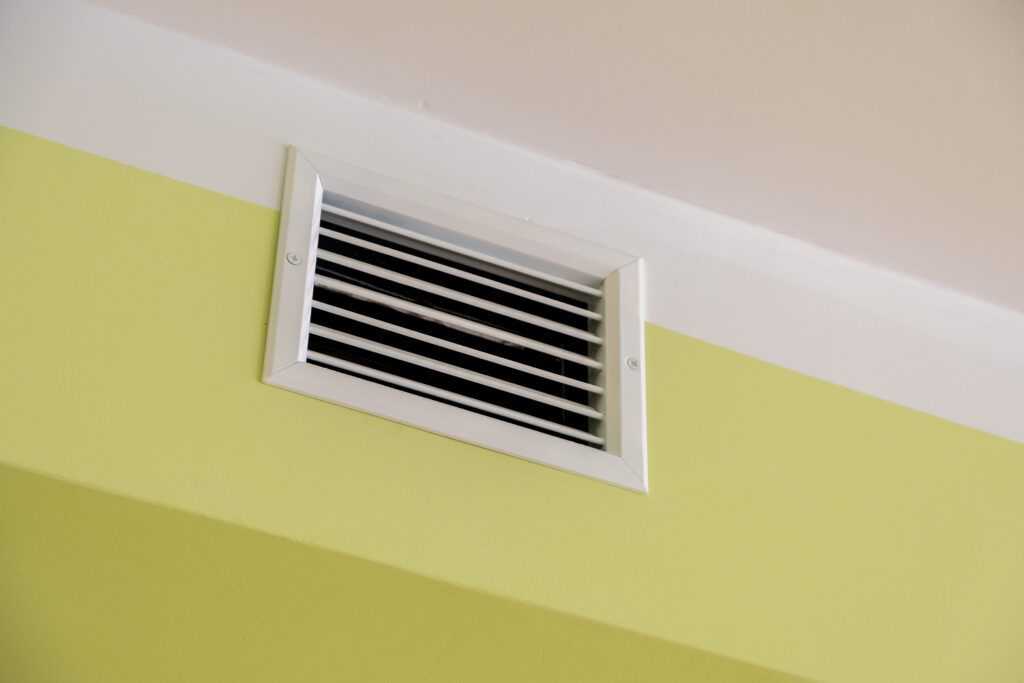
Once you’ve mastered basic maintenance, you can explore advanced techniques to further enhance the lifespan of your HVAC system.
The Role of Professional HVAC Servicing
While DIY maintenance is critical, professional servicing is also essential. Qualified HVAC technicians have the expertise and tools necessary to perform in-depth inspections and maintenance tasks that go beyond the scope of typical homeowner care.
These professionals can perform tasks such as calibrating the thermostat, checking for refrigerant leaks, and assessing the overall efficiency of the system. An annual tune-up by a professional can help ensure that your system runs smoothly season after season.
Moreover, professional technicians can identify potential issues before they escalate into costly repairs. They can also provide valuable insights into your system’s performance, suggesting modifications or upgrades that could enhance efficiency. For instance, they might recommend the installation of a smart thermostat that adjusts temperatures based on your habits, further optimizing energy use and prolonging the life of your HVAC system.
Investing in High-Quality HVAC Components
When it comes to HVAC systems, quality matters. Investing in high-quality components—whether that’s a furnace, air conditioner, or heat pump—can lead to improved longevity and reliability. Cheaper components often come with shorter lifespans and may require frequent repairs or replacements.
Consider working with a reputable HVAC provider who can guide you in selecting high-quality materials and parts. This investment will pay off in the long run as you minimize downtime and repair costs, ultimately extending the life of your system.
Additionally, it’s worth noting that high-quality components often come with better warranties, providing you with peace of mind. When selecting parts, look for those that have been tested for durability and efficiency. Brands that are known for their reliability tend to have better customer reviews and longer-lasting products, which can save you money and hassle in the future. Furthermore, integrating energy-efficient models can lead to significant savings on your utility bills, making the initial investment even more worthwhile over time.
Seasonal Considerations for HVAC Maintenance
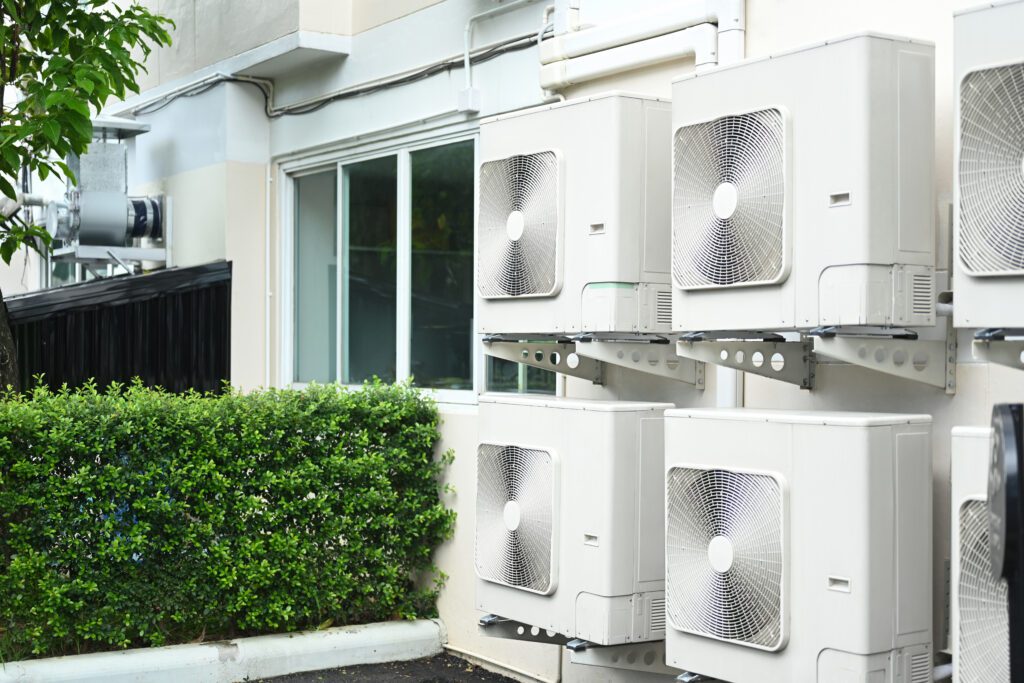
One of the best ways to maintain your HVAC system is to adapt your maintenance strategy according to the season. Each season presents unique challenges to HVAC performance and efficiency.
Preparing Your HVAC System for Winter
Before winter sets in, it is essential to prepare your heating system. This means checking that your furnace is in good working order and verifying that your thermostat is functioning correctly. Consider having a professional perform a winterization service, which may include checking ductwork for leaks and cleaning the heating elements.
Additionally, ensure that vents and returns are clear of obstructions to allow for optimal airflow. This preparation not only helps your system run efficiently but also ensures that your home stays comfortable even in the coldest temperatures. Furthermore, it’s wise to inspect your home’s insulation, particularly in attics and basements, as proper insulation can significantly reduce heating costs and enhance comfort. Sealing drafts around windows and doors can also prevent cold air from infiltrating your living space, allowing your HVAC system to work more effectively.
Summer Maintenance Tips for Your HVAC System
As temperatures rise, it’s crucial to prepare your cooling system. Regularly clean or replace your air filters, and ensure that your outdoor condenser unit is free from debris and vegetation, allowing for proper airflow. This helps your AC unit run smoothly and efficiently.
Consider scheduling a professional inspection before the heat of summer arrives. Technicians can check refrigerant levels, inspect electrical components, and clean coils, ensuring you won’t face unanticipated downtime during the hot months. Moreover, it’s beneficial to monitor your thermostat settings and consider investing in a programmable thermostat, which can optimize energy usage by adjusting temperatures based on your schedule. This not only enhances comfort but can lead to significant savings on your energy bills. Additionally, be mindful of humidity levels in your home; using dehumidifiers can help your cooling system work more efficiently, providing a more comfortable indoor environment during those sweltering summer days.
Common Mistakes that Shorten HVAC Lifespan
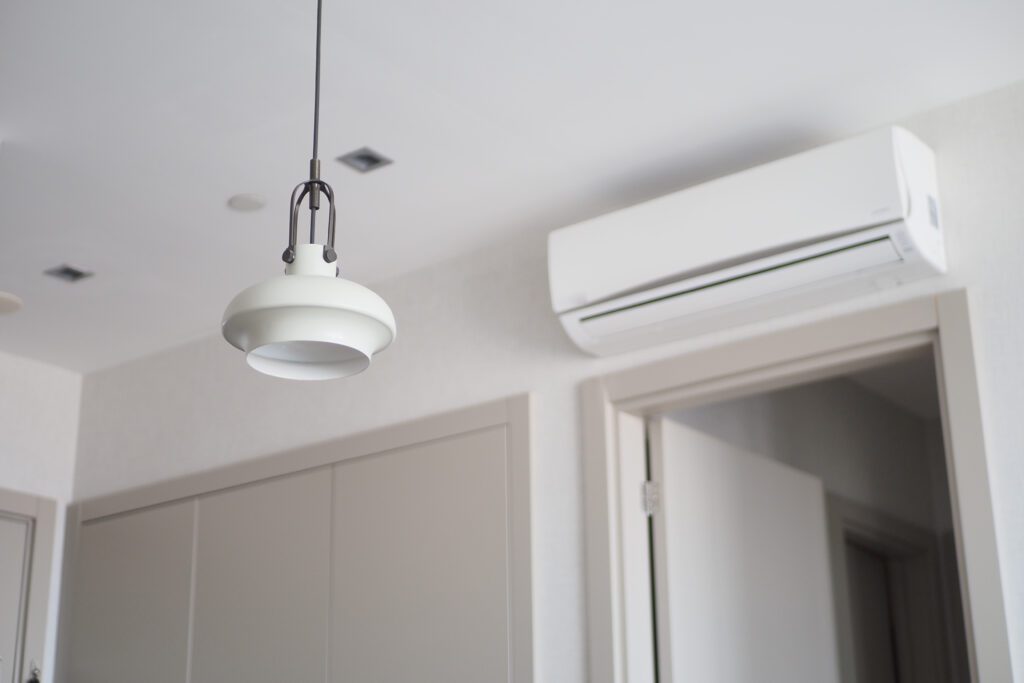
While many homeowners strive to maintain their HVAC systems, certain common mistakes can perversely shorten their lifespan. Avoiding these pitfalls is key to preserving system longevity.
Overlooking Regular Inspections
Many homeowners assume that if their HVAC system is running smoothly, it does not require regular inspections. However, this is a slippery slope that can lead to serious issues. Regular inspections enable technicians to spot potential problems before they escalate into major repairs, thus preserving system health.
Establishing a maintenance schedule, including spring and fall inspections, can help catch issues early and assure that your HVAC system continues to perform well. During these inspections, technicians can clean essential components, check refrigerant levels, and ensure that electrical connections are secure. This proactive approach not only enhances efficiency but also helps in identifying wear and tear that could lead to costly breakdowns if ignored.
Ignoring Minor Issues Until They Become Major Problems
Another prevalent error is neglecting minor HVAC issues, such as strange noises, reduced airflow, or inconsistent temperatures. These small signs often indicate underlying problems that, if left unaddressed, can lead to complete system failure.
Whenever you notice anything unusual, it’s crucial to consult a professional. Quick action on seemingly minor issues will protect your system and can lead to substantial savings in repair costs in the long term. Additionally, being attentive to these signs can help maintain optimal energy efficiency, which is essential not only for your wallet but also for the environment. For instance, a clogged air filter can cause your system to work harder, leading to increased energy consumption and higher utility bills.
Moreover, regular maintenance can also enhance indoor air quality. Dust and allergens can accumulate in your HVAC system, circulating throughout your home and potentially affecting your family’s health. By addressing minor issues promptly and keeping up with routine maintenance, you can ensure that your HVAC system not only lasts longer but also provides a healthier living environment.

